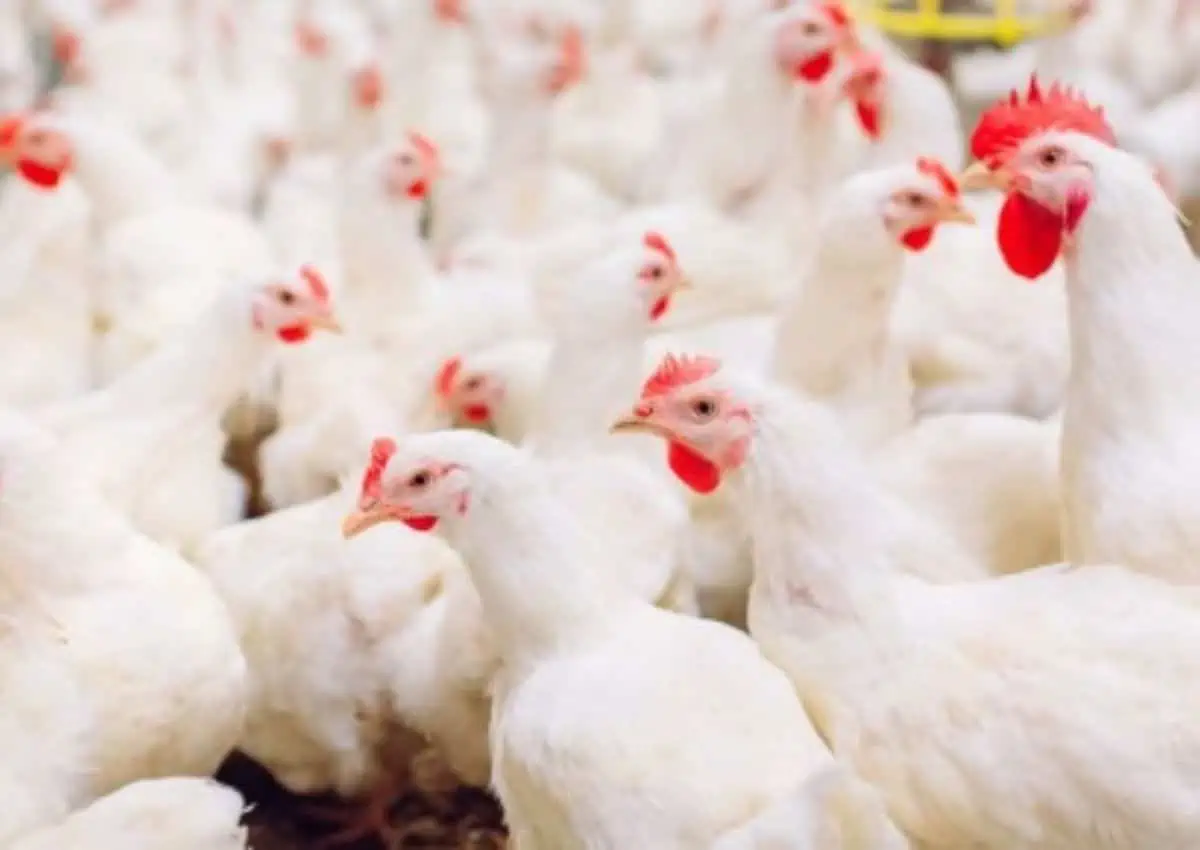The South African Poultry Association (SAPA) said that load shedding severely impacted its process to slaughter chicken, which could lead to shortages across the country.
The association said in the past six weeks, it had to reduce the number of chickens it slaughtered because of its backlog caused by extended power cuts.
The association said it had to cull 10 million chickens in the past few weeks because load shedding simply makes it impossible to operate profitably.
Load shedding continues to pose a serious threat to the supply of fresh food to both restaurants and fast-food outlets, not only stifling sales and growth, but also causing massive setbacks as suppliers take hit after hit in losses.
This has certainly been the case of those in the chicken industry, especially fast-food joints such as Nando’s and KFC.
According to these outlets, they have been receiving reduced stock of chicken from suppliers who are struggling to keep the fridges running and slaughter houses going with the country’s rolling blackouts, that now last for several hours.
As a result, outlets such as KFC announced that they would be limiting their menu to try and adjust to the power outages. This in turn will affect the company’s overall income on a month-to-month basis, as a result of the short supply of chicken.
As franchises such as KFC struggle with chicken supply as a result of load shedding, SAPA said that this could affect the retail sector.
The association’s general manager, Izaak Breytenbach, said that having over six hours of power outages at a time affected total output.
“We’ve got a limited amount of time over the weekend to slaughter the stock that wasn’t slaughtered, and planned to be slaughtered during the week, but when we get to stage 6 load shedding, then we simply can’t cope anymore and we fall behind, and then we see what we’ve seen with KFC: a shortage of chicken.”
Source: News24, Eyewitness News, The Citizen, image from Twitter: @Radio702
